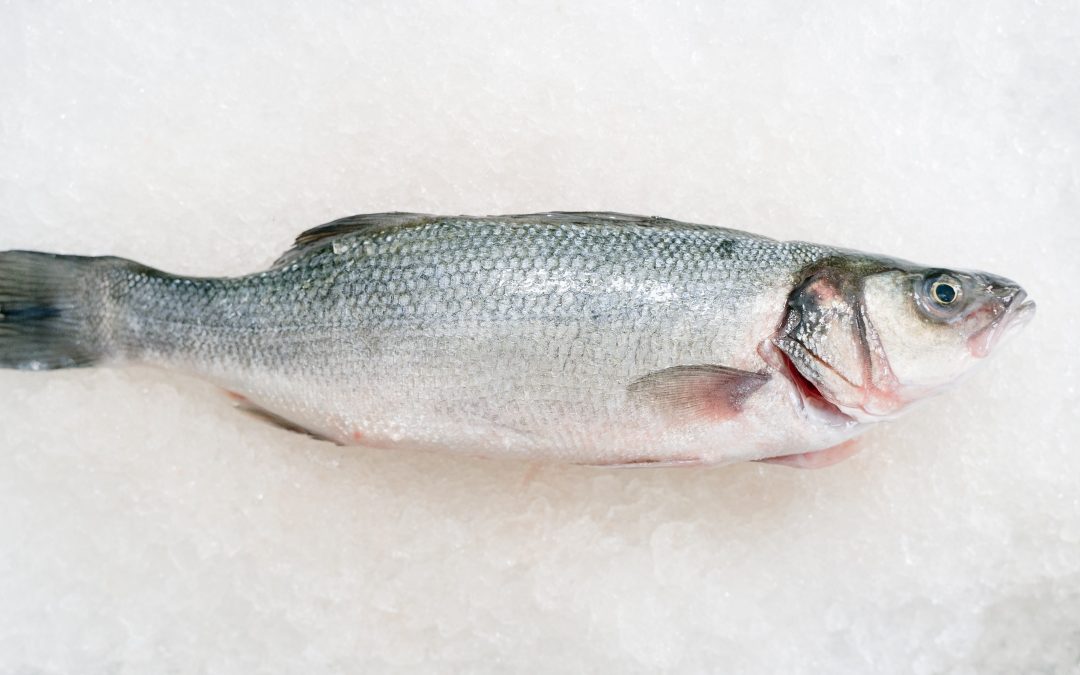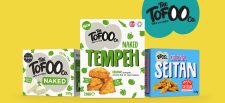Sustainability data from the Marine Conservation Society’s (MCS) Good Fish Guide has found that only 46% of ratings for UK caught seafood score highly enough to meet the charity’s sourcing recommendations for businesses.
More restaurants and caterers are having to source their fish and shellfish from further afield to ensure a steady supply of sustainable seafood, while adding to their carbon footprint, said the Society.
This autumn’s update to the Good Fish Guide sees 53 ratings change, with 19 moving down the sustainability scale. The Guide includes 337 ratings for wild caught fish and shellfish in UK seas, as well as seafood caught elsewhere in the world but sold in the UK.
Jack Clarke, sustainable seafood manager at the Marine Conservation Society, said: “Most responsible businesses have sourcing policies that set sustainability standards for the seafood they’re buying. Less than half of our ratings for UK seafood meet these standards.
“British fishers, who are faced with a shrinking domestic market for their catch, need more support from the Government. Better managed fisheries mean more jobs, resilient coastal communities and a consistent supply of nutritious, low carbon food.”
‘Unsustainable’ fishing sees menu changes across the UK
The Good Fish Guide is updated twice a year with the latest scientific advice. This season’s update sees pollack from southwest UK, (not to be confused with Alaskan pollock, which is often used for fish fingers and is mostly green rated), move to the red list.
According to MCS, pollack has long been a favourite among chefs seeking an alternative to the more obvious cod and haddock. It is caught by British fisherman but after years of “poor management”, stocks in the English Channel and Celtic Seas have plummeted and it is no longer defined by MCS as a sustainable catch.
This year hoki makes its debut as a rating on the Good Fish Guide. MCS said that its inclusion proves just how far UK seafood buyers are having to look for a sustainable source of flaky white fish – coming from New Zealand and now used as McDonald’s Filet-O-Fish.
Joss Walford, chill buying lead at online retailer Able & Cole, which uses the Good Fish Guide for its sourcing, said: “It’s really important to us as a business that we only source sustainable seafood. However, looking forward, it will be challenging to source the range of British seafood that we would like to sell, as there simply might not be enough sustainable seafood in our local seas.
“Fisheries need to be better managed to allow us to continue to source a diverse and seasonal range of seafood while supporting traditional British fishing communities. The Good Fish Guide ratings are a vital tool for enjoying fish responsibly, but more importantly ensuring future generations can continue to do so.”









